Bank of America is under scrutiny for allegedly discriminating against conservative and Christian groups by closing their accounts.
This action has prompted officials from twelve Republican-led states to demand clarity and accountability from the bank, seeking to understand the rationale behind these account terminations.
Growing Boycott Calls Against Bank of America
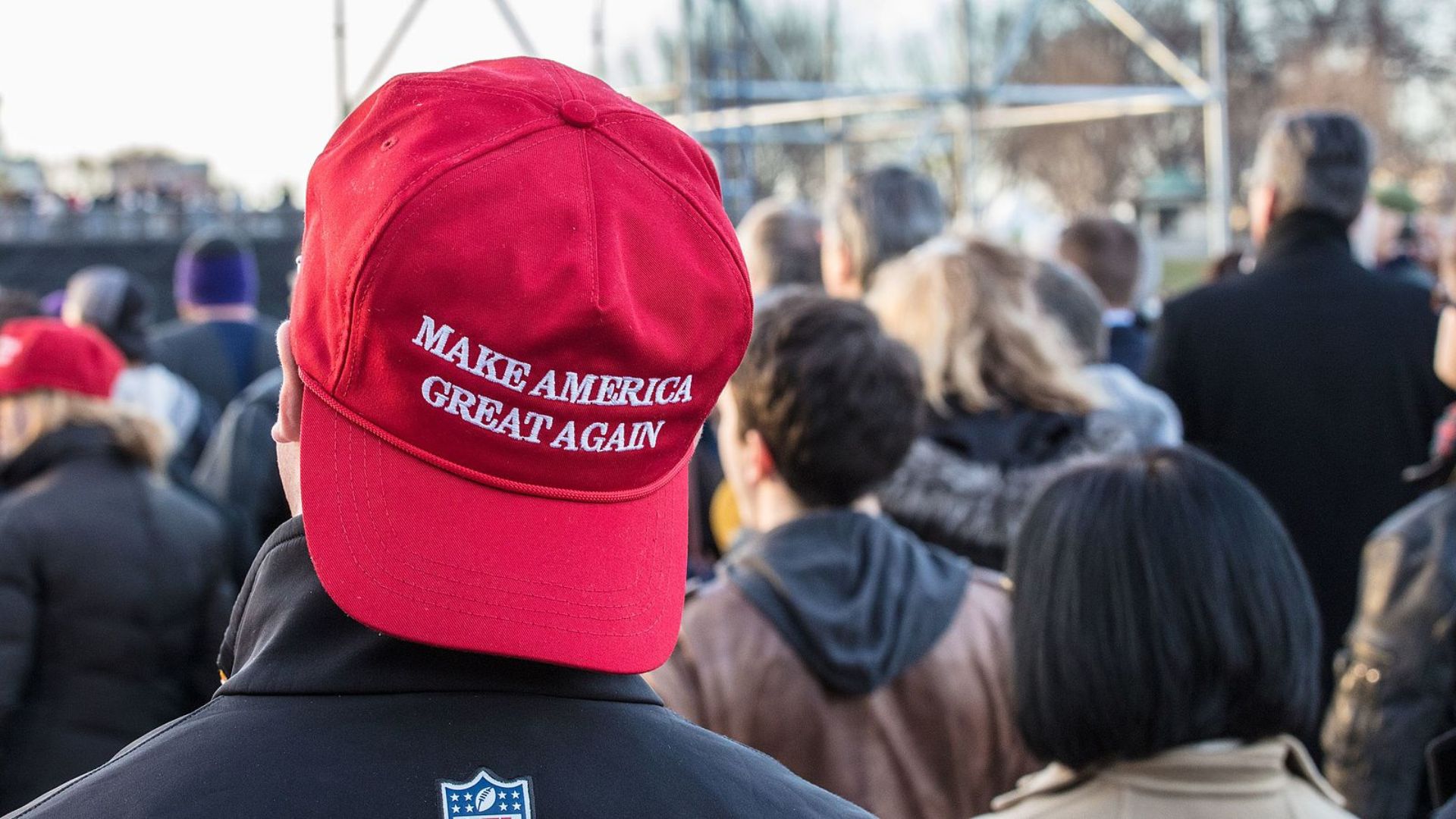
Bank of America is caught in a whirlwind of controversy as boycott calls mount. The issue at hand? Allegations that the bank is closing accounts based on the political views of its customers.
Lately, numerous individuals linked to the MAGA movement and the Republican Party have expressed their displeasure, accusing the bank of engaging in what’s known as “de-banking,” a form of discriminatory practice.
The Case of John Eastman Intensifies Criticism
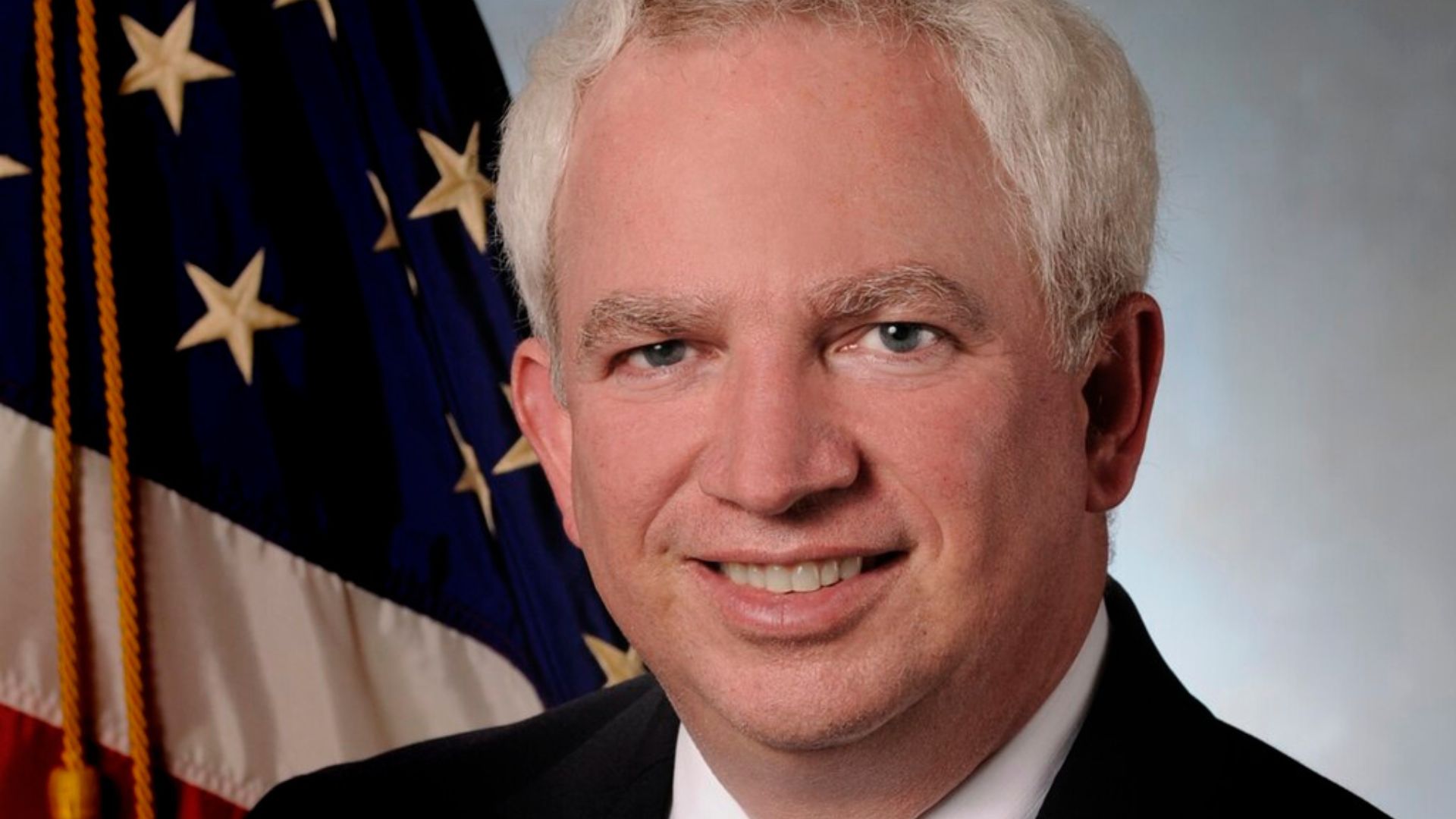
The spotlight intensified when John Eastman, former lawyer for Donald Trump, stepped forward with claims that both Bank of America and USAA closed his accounts.
According to Eastman, this action was taken in response to his legal attempts to challenge the 2020 election results. His account closure came shortly after a judge proposed disbarment due to his conduct, further sparking outrage and suggesting a trend where individuals are targeted for their political involvement and affiliations.
Calls for Boycott Spread on Social Media
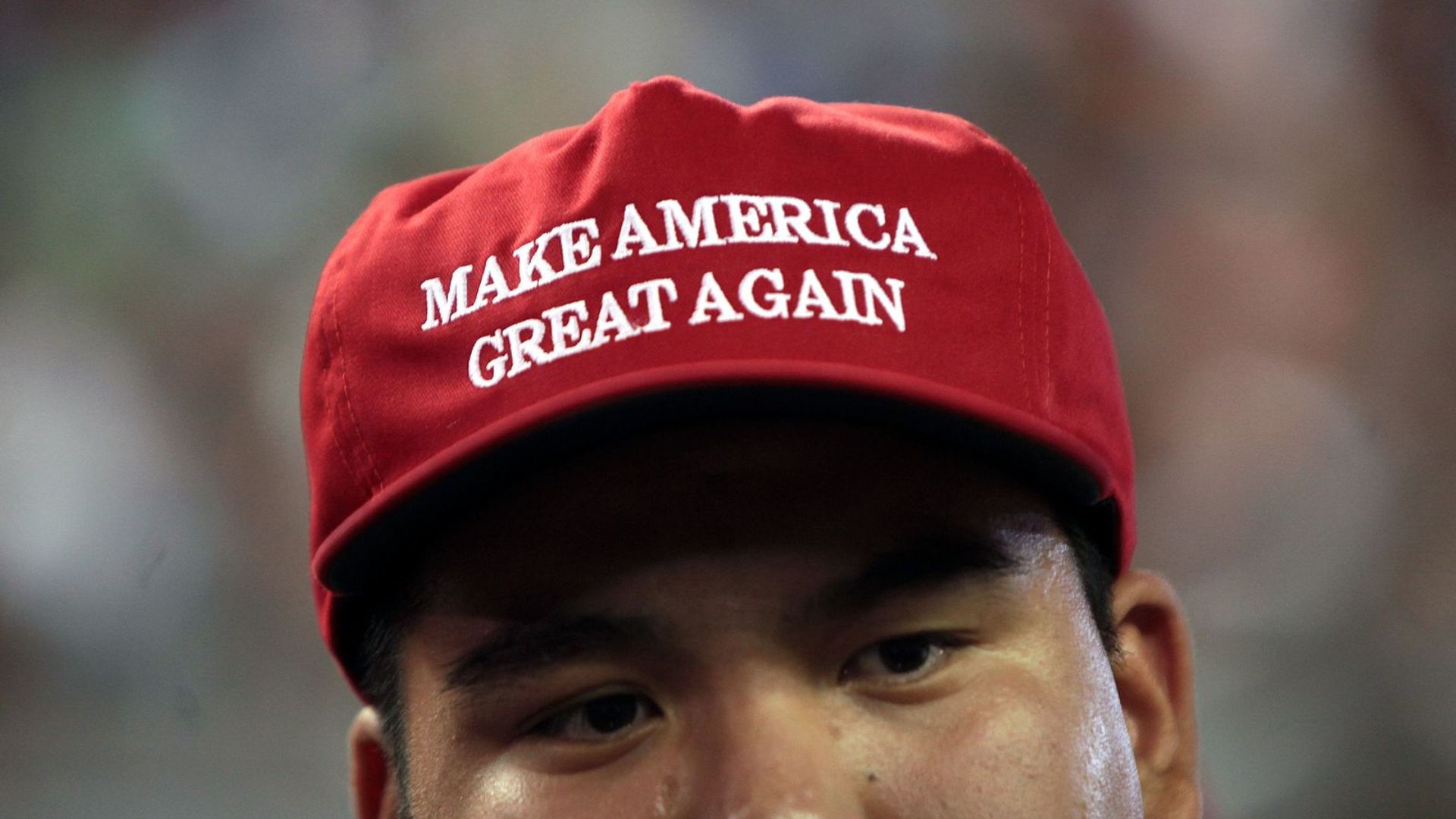
Newsweek reports that the drive to boycott Bank of America is picking up steam on social media. A significant number of pro-Trump and MAGA-supportive accounts are calling for action against the bank.
This movement highlights a deep-seated worry among some groups that financial institutions might be wielding their influence to suppress or penalize customers based on their political and religious convictions.
Kansas Attorney General Kris Kobach Spearheads Inquiry
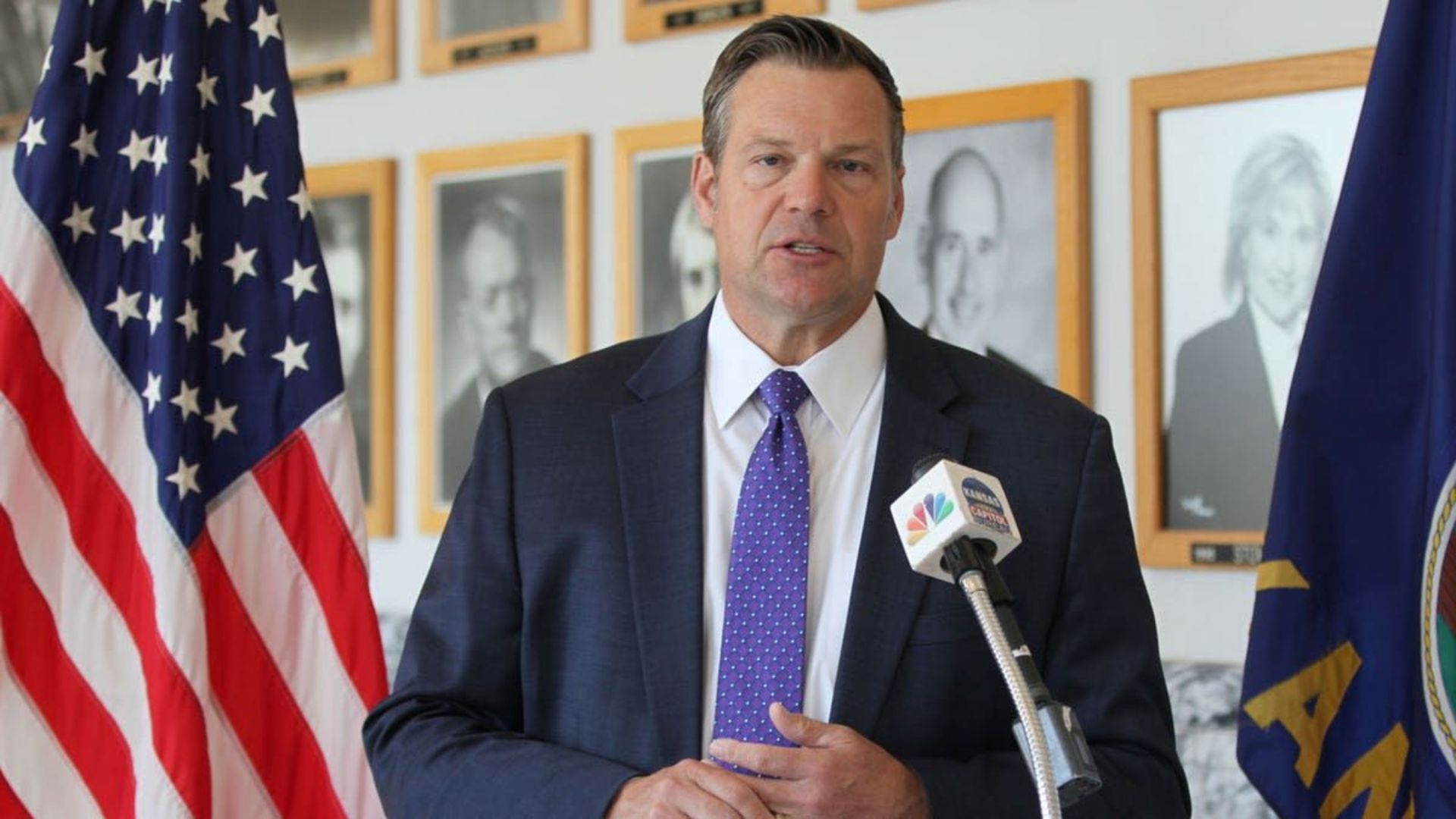
The Daily Mail reports that Kansas Attorney General Kris Kobach has taken a prominent role in addressing these concerns by writing directly to Bank of America’s CEO.
His letter, which is co-signed by officials from several other states, requests detailed explanations and documents concerning the bank’s account cancellation policies.
Multi-State Coalition Forms

A coalition consisting of states like Alaska, Arkansas, Indiana, Iowa, Mississippi, Missouri, Montana, Nebraska, South Carolina, Texas, and Utah has formed to address this issue collectively.
These states have officially co-signed the letter demanding answers and actions from Bank of America regarding its practices.
Allegations of Conditioning Services on Political, Religious Views
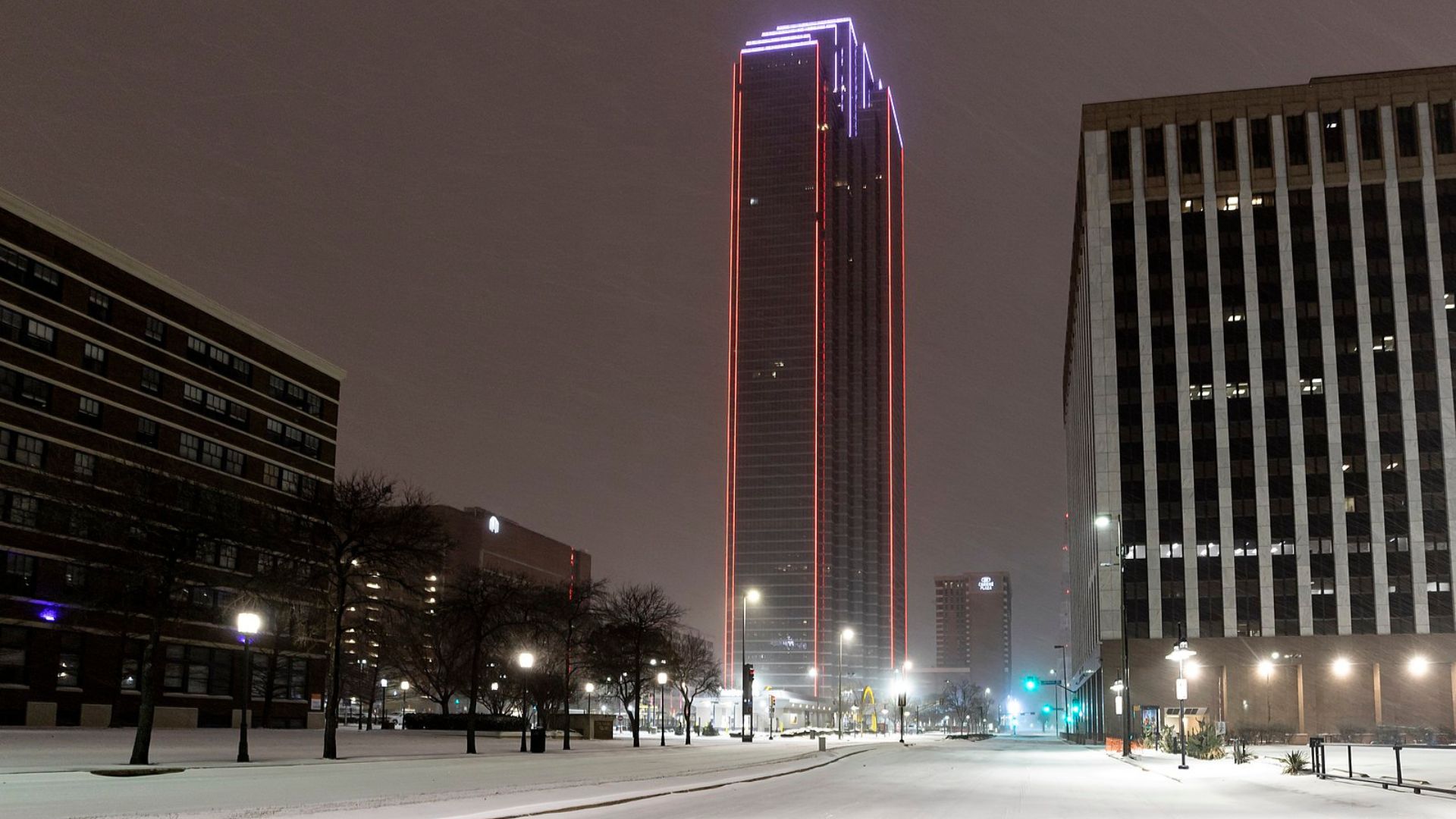
The core of the controversy is captured in a quote from Kobach’s letter, where he states, “Unfortunately, Bank of America appears to be conditioning access to its services on customers having the bank’s preferred religious or political views.”
This allegation suggests a potential misuse of power to discriminate against certain groups based on their beliefs.
Involvement in Federal Investigations
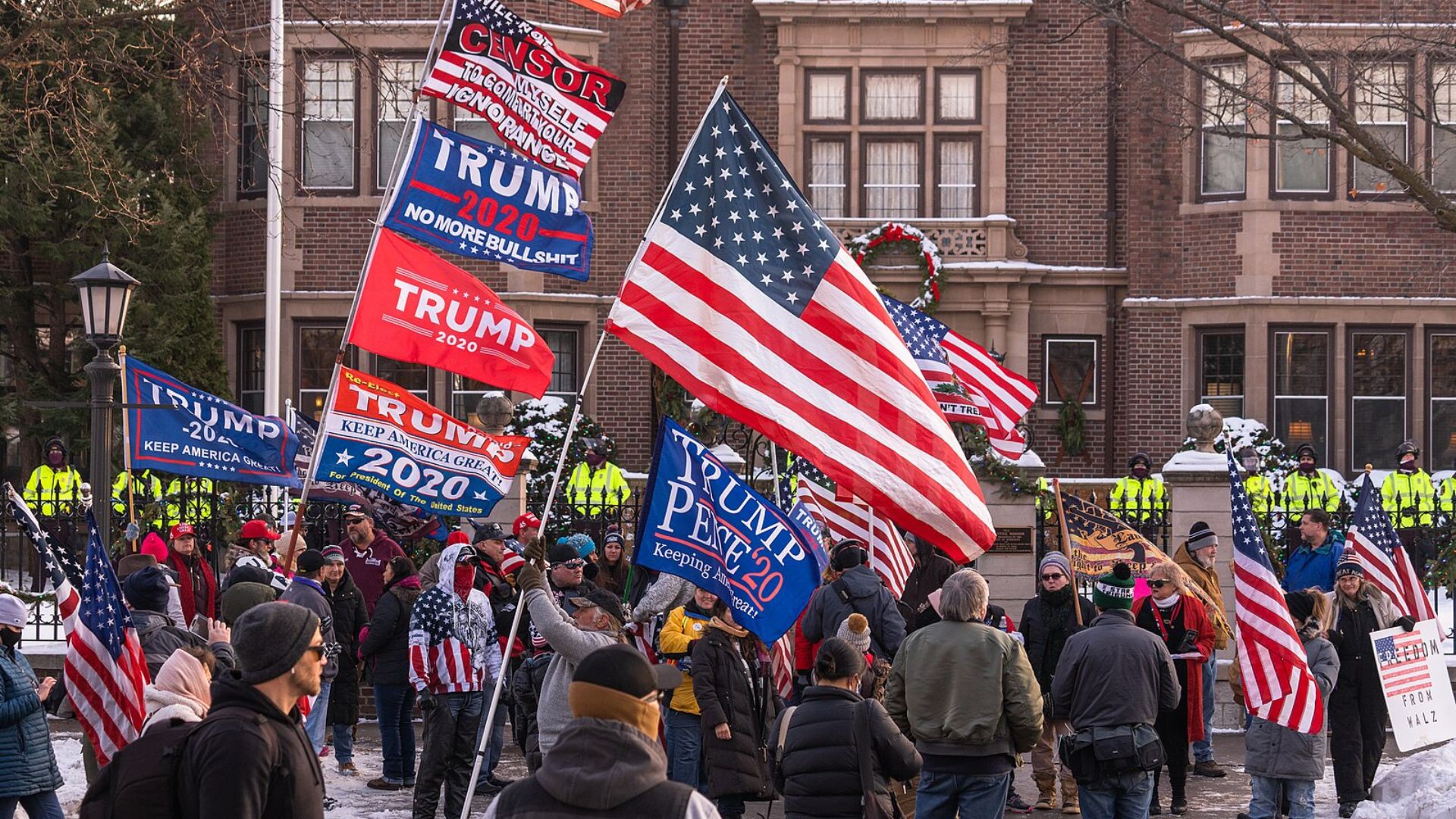
Further complicating the situation, it has been revealed by the Daily Mail that Bank of America provided private consumer financial data to the FBI and U.S. Treasury to assist in investigations related to the January 6 Capitol protest.
This action raises questions about the privacy and political neutrality of the bank’s operations.
Specific Examples of Account Closures

The letter details specific instances where Christian groups such as Timothy Two Project International, Indigenous Advance, and Servants of Christ had their accounts canceled.
For example, Kobach cites that the Timothy Two Project had its account canceled by Bank of America for “operating a business type we have chosen not to service.”
Bank of America’s Response to Allegations

In response to these allegations, a representative for Bank of America stated, “Religious beliefs are not a factor in any account-closing decision.”
The bank also emphasized its commitment to serving nonprofit organizations affiliated with various faith communities across the United States.
Potential Legal and Regulatory Risks
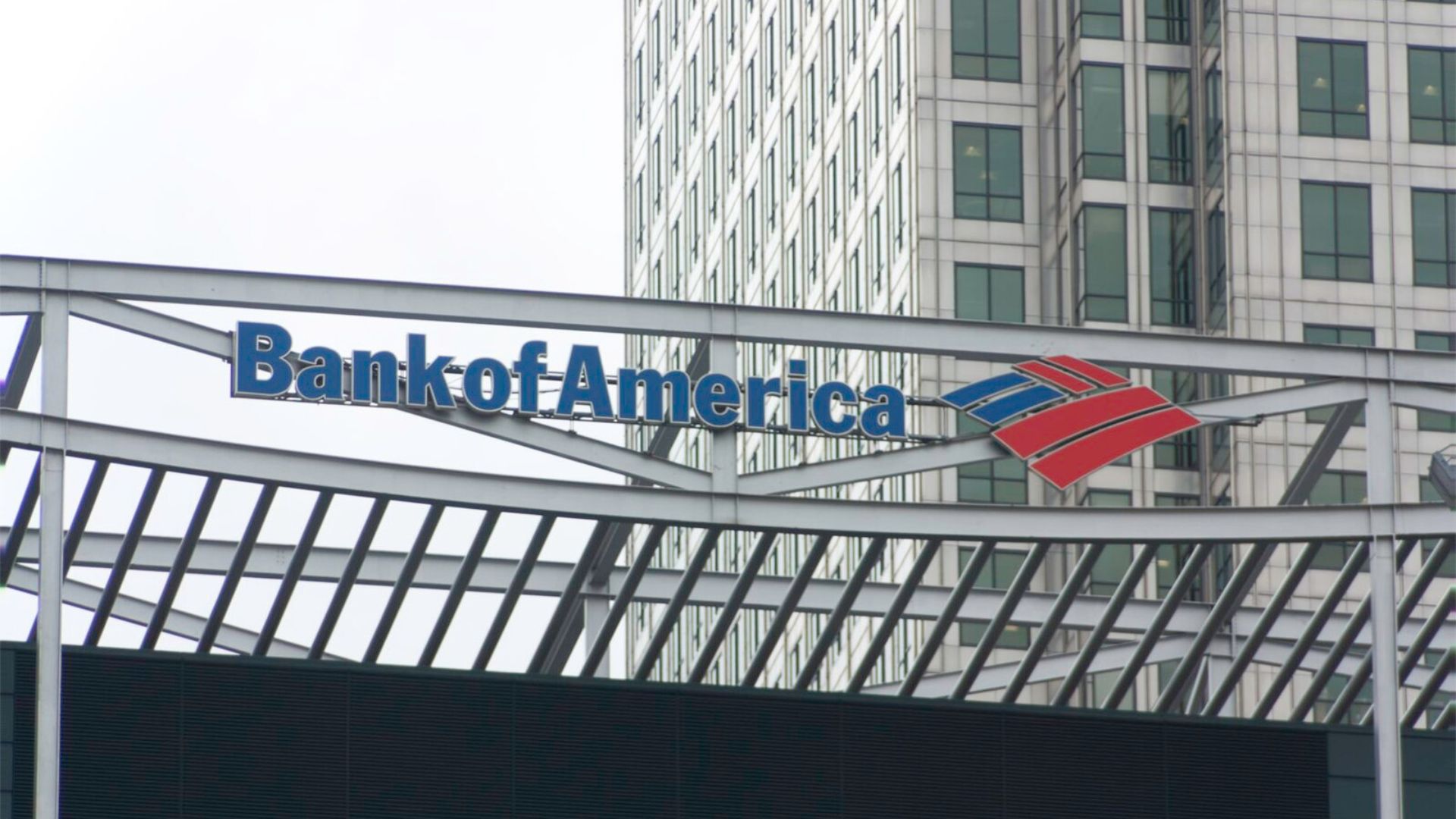
Kobach’s letter warns of the potential legal risks Bank of America faces by engaging in these practices.
He notes, “Your discriminatory behavior is a serious threat to free speech and religious freedom, is potentially illegal, and is causing political and regulatory backlash.”
Awaiting Bank of America’s Response
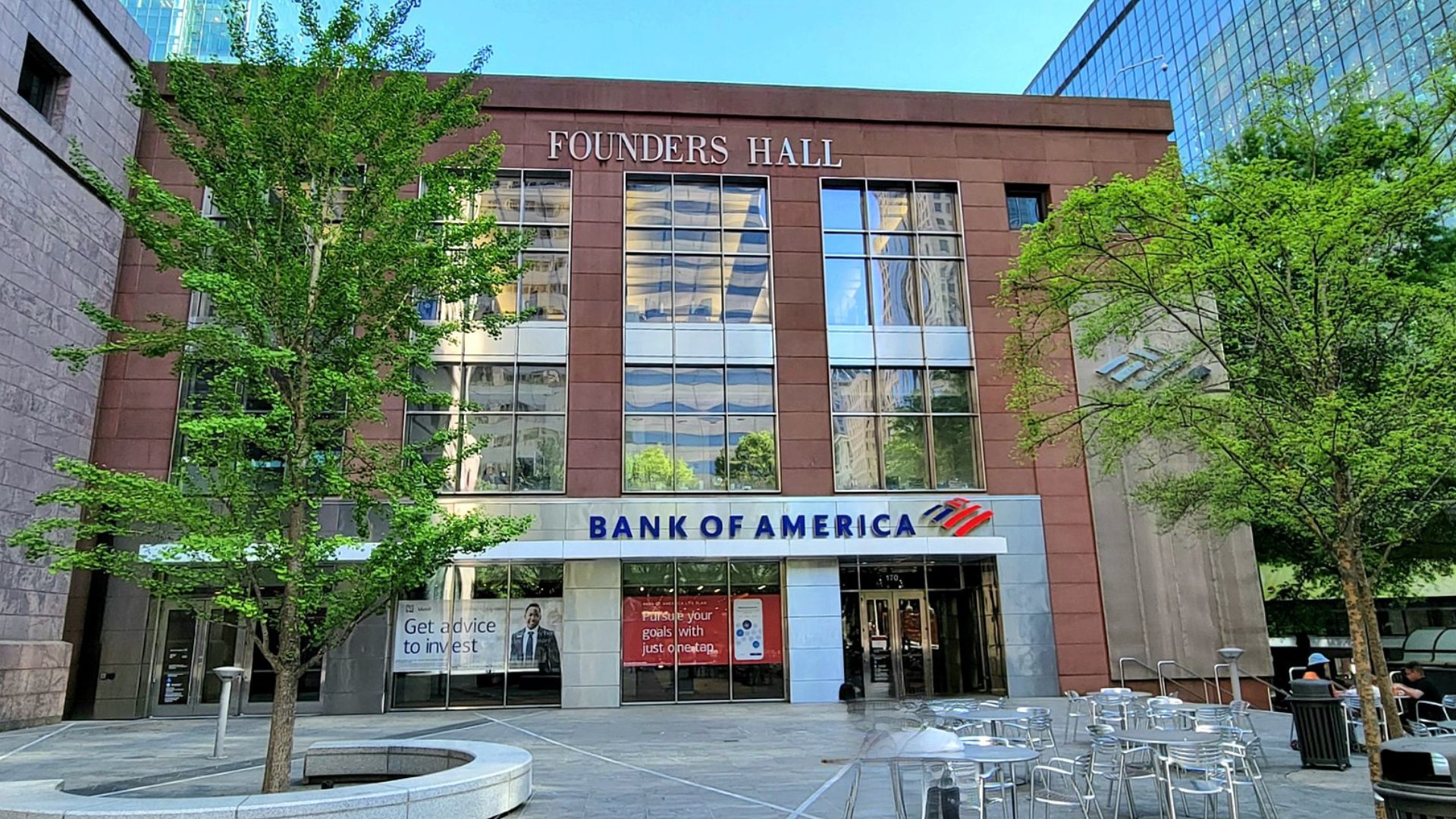
The bank is expected to respond within 30 days of receiving the letter, as stated by Kobach.
The outcome of this inquiry could set a precedent for how banks address and manage accounts linked to specific political and religious affiliations, potentially influencing future banking regulations and practices.
